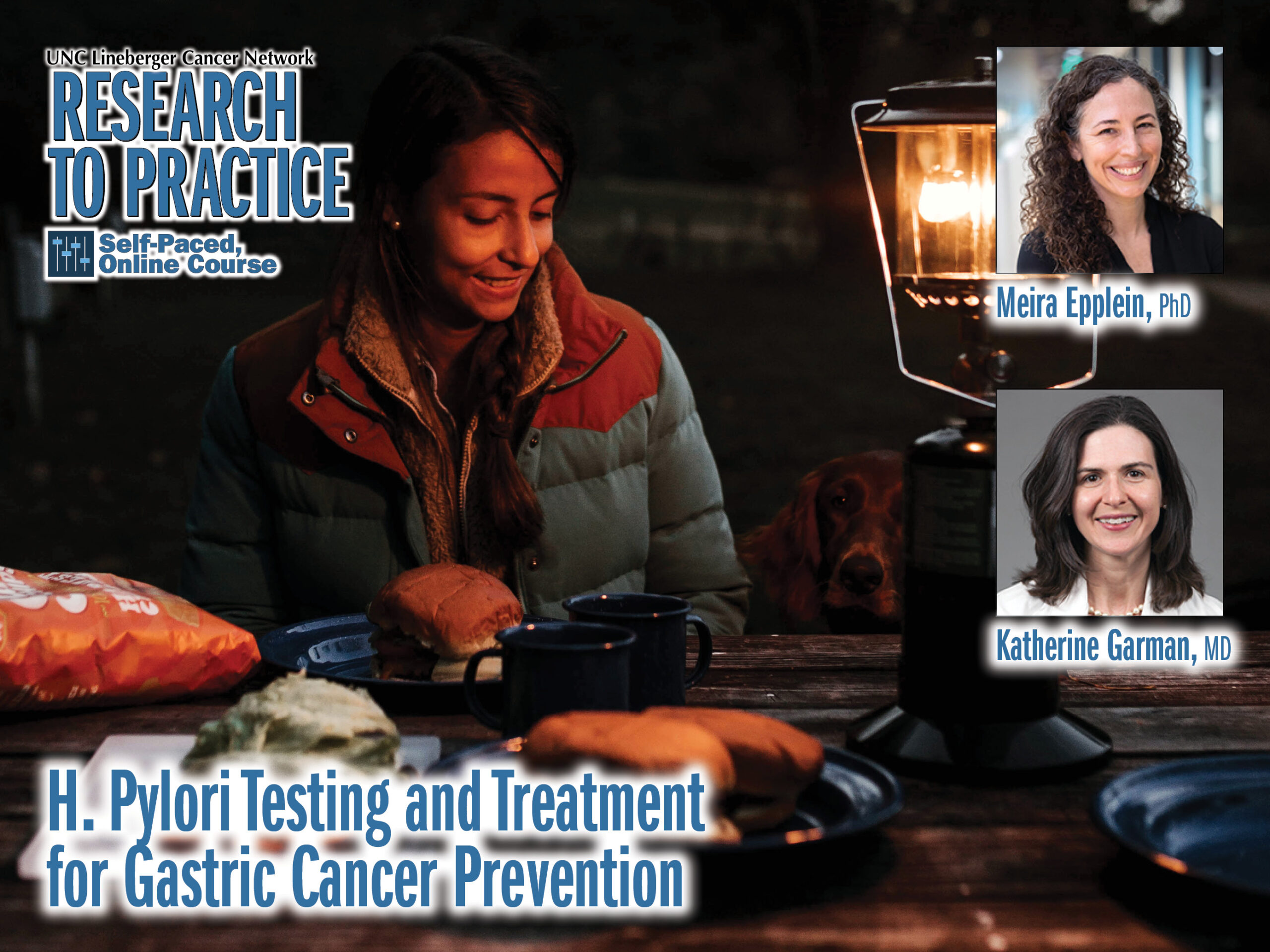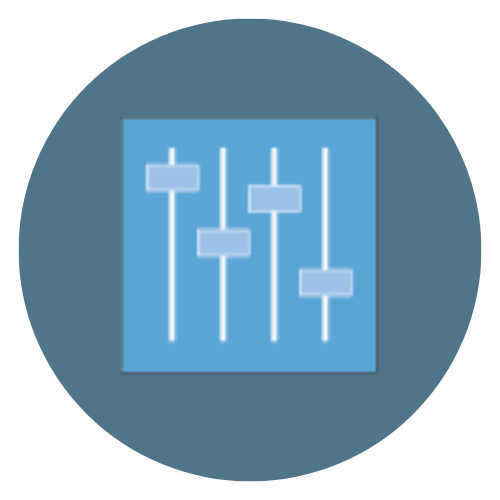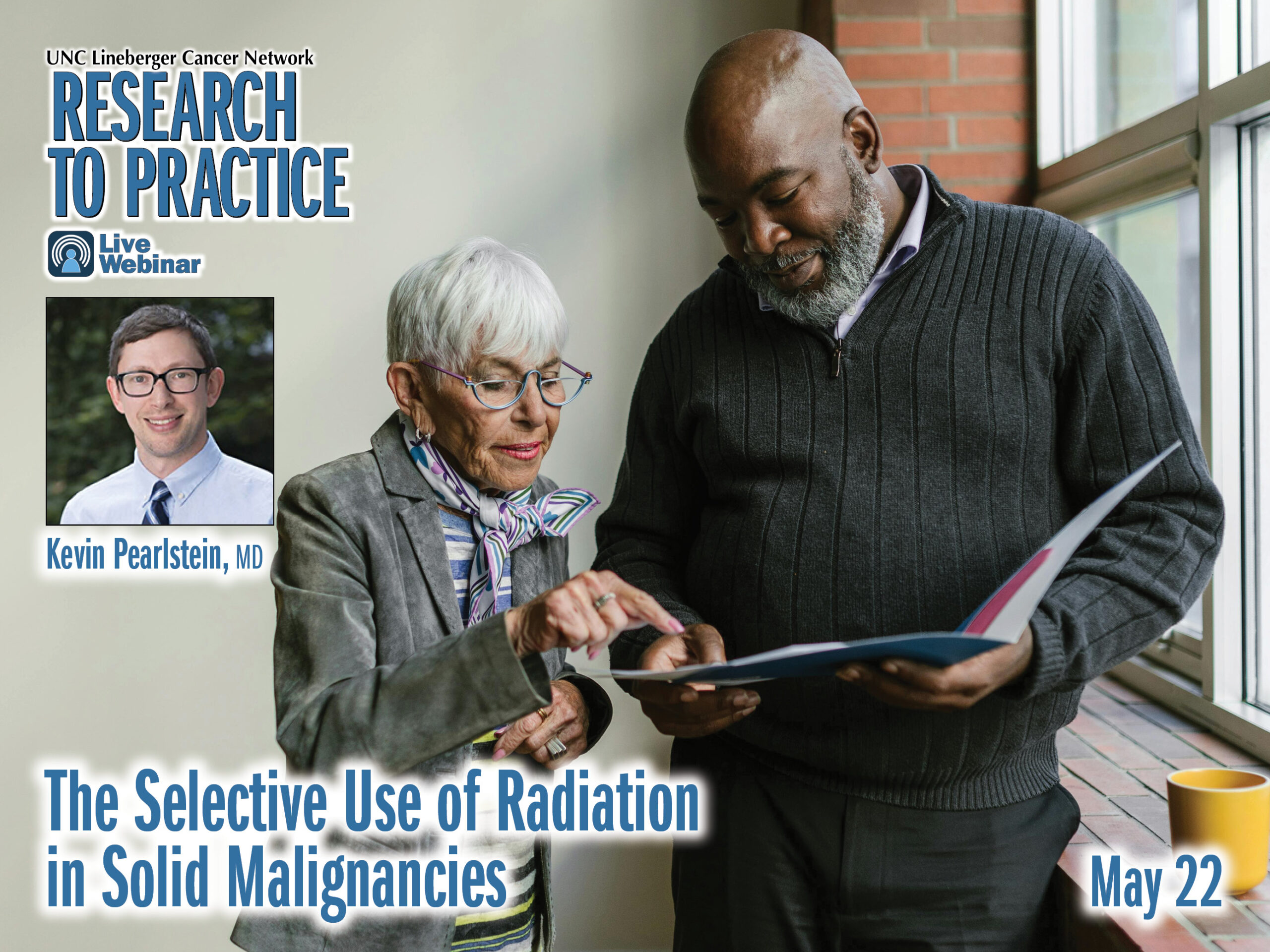Welcome to the UNCLCN Learning Portal
The UNCLCN Learning Portal contains oncology education videos presented by experts in North Carolina and throughout the US.
View our Live Webinars and Self-Paced Online Courses to earn free continuing education credit!
Free Continuing Education credits are available for:
Physicians, Nurses, Pharmacists, Pharmacy Technicians, Radiologic Technologists, and Certified Tumor Registrars
Upcoming Live Webinar
|
Featured Self-Paced Online Course
 |
Research to Practice CME - NCPD/CNE - ACPE - ASRT - CTR Meira Epplein, PhD View More Self-Paced, Online Courses |
Ready to Learn!
Please take a look at all our educational offerings. Continuing Education credits are available for healthcare providers in select webinars.
 | Live Webinars |
 | Self-Paced Online Courses |
 | All Webinars |
 | More about us |
Sign up for our newsletter or follow us on social media!
Recent Courses
This course contains twelve classes, each one focused on a different topic concerning cancer:
|
Jose Gaston Guillem, MD, MPH, MBA, will describe how at UNC Medical Center a team of experts carefully reviews each individual patient during a Weekly GI Tumor Board and collaboratively develop a treatment plan which defines the specific timing and sequence of care for each patient.
|
Taking a deeper dive into the most common oncologic emergencies facing oncology patients. We will discuss the clinical manifestations, diagnosis, treatment, and prevention of Neutropenic Fever, Tumor Lysis Syndrome, and Cord Compression. These topics are good refreshers for APPs practicing in primary care, urgent, emergency medicine, hematology/oncology, and inpatient medicine.
|
Melanie N. Allard, DNP, APRN, FNP-BC, AGAC-NP (student), will review basic gastrointestinal tract anatomy and discuss gastrointestinal cancer(s), workup, and treatment. She will differentiate between each disease type specifically with signs/symptoms, statistics, and management, and help attendees to recognize common side effects of treatment and management of symptoms.
|
Patients undergoing treatment for cancer utilize many medications that have relevant drug-gene interactions. The use of pharmacogenomic testing can assist with drug selection, drug dosing, and the development of personalized medication monitoring plans. Amber Cipriani, PharmD, BCOP, will describe some common examples of drug-gene interactions relevant to oncology. She will also discuss current efforts to expand the use of pharmacogenomic testing into current clinical practice.
|
This course contains two webinars, each one focused on caring for patients with either a blood or a skin cancer:
|

 Facebook
Facebook Twitter
Twitter LinkedIn
LinkedIn Forward
Forward




